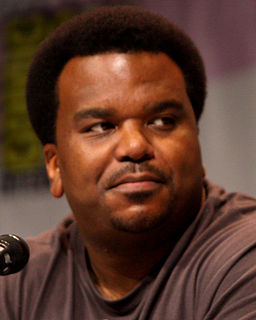A Quote by Amber Tamblyn
A lot of people think I'm cynical when I talk about acting. The truth of the matter is, I just don't want someone to get some lame advice that will send them in the wrong direction
Related Quotes
I always tell people, "There's a book on everyone." I get some of that book before I do anything. If I want to deeply understand someone's reputation, I'll talk to their friends, their former bosses, their peers, and I'll learn a lot about them. I want them to be trusted. I want them to be respected. I want them to give a s - -. Then there are the intangibles: physical and emotional stamina, the ability to confront issues. I can ask all I want about those things, but I also have to see a lot of it.
People do ask me for advice for some reason. And I'll just kind of pose it back to them and let them answer on their own. I never like to give my advice 'cause I don't want them to come back and 'You were wrong! You ruined my life!' so it's more about 'Hey, this is what you just told me. What does that sound like to you?'
I don't think people talk about mental illness a lot, but they need to know it's OK to talk about how they are feeling. People are afraid of telling the truth because they think it's going to hurt everyone around them. I've kept so much inside that I've literally lost it. I wish more people would get help when they feel like they need it-- not just to look to medicine, but to the support of others.
One thing I'm most passionate about is that I'm geared up and ready for another cycle of touring, to go out in the world and be whoever I need to be for someone. For a lot of people they just want to see you or want to take a photograph of that moment. Some people they simply just want to hear you. And others actually have things they want to share and talk with you about.
I think the reason that a lot of people have to have a lot of people around is just about being smart and knowing what you want to talk about. I want people to know who I am. Respect is a huge thing - especially in my family. ... If you don't respect people, people aren't going to respect you back. It's just about yourself, you respecting others, and hopefully everyone else will follow that and respect you, as well.
A young person, or someone who's writing in a different way - in some ways you could say, eventually someone will find them. Eventually someone will hear them. But it's good a lot of young people persevere. Because sometimes you have to send something out a thousand times before anyone recognizes your value.
Tell me what's wrong with this idea: If you're selling to somebody, find someone like that person to sell to them. If you're trying to reach swing voters, if you're trying to reach people on the fence, if you're trying to reach Republicans who are unsure about this candidate... get people who switched! Get people who are registered Republicans. Get people who were George Bush voters who can't bring themselves to do it again. Talk to them, get them to explain what their reasons are, and show them to people. What's wrong with this idea?!
I think people talk too much; that's the truth of the matter. I do. I don't believe in words. People use too many words and usually wrongly. I am sure that in the distant future people will talk much less and in a more essential way. If people talk a lot less, they will be happier. Don't ask me why.
If someone does a study which, for statistical reasons, I think is hopelessly underpowered or nonidentified, my best and most useful advice will not be tips on how to calculate p-values better, or how to construct an explanation for some particular data pattern. Rather, my advice will be to start over, to reconsider what you think you already know, maybe to question some prominent work in your subfield, and quite possibly to think a lot harder about measurement, and about the relation of your data to your underlying constructs of interest.
Marketing by interrupting people isn’t cost-effective anymore. You can’t afford to seek out people and send them unwanted marketing messages, in large groups, and hope that some will send you money. Instead, the future belongs to marketers who establish a foundation and process where interested people can market to each other. Ignite consumer networks and then get out of the way and let them talk.



































